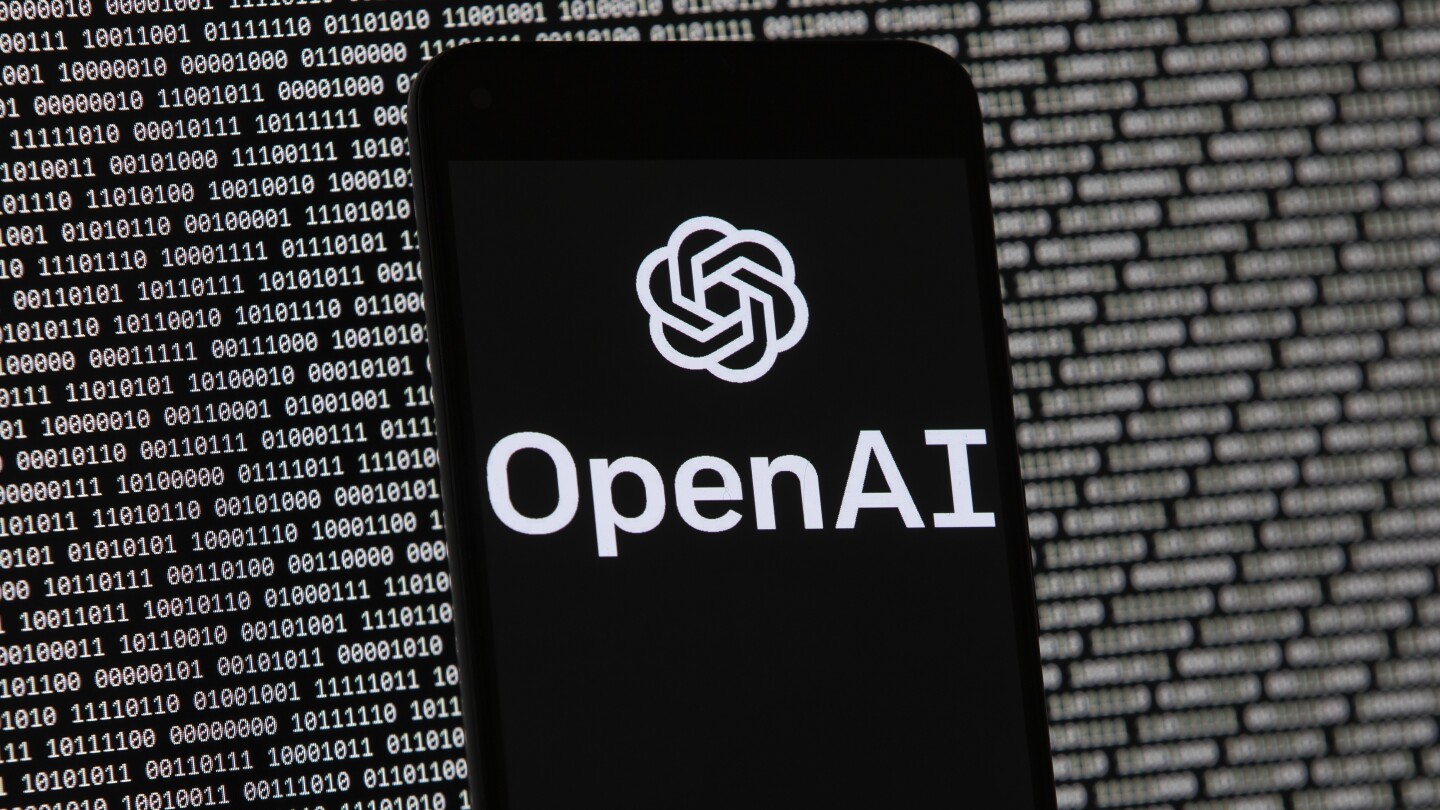Elon Musk’s $97.4 Billion Bid for OpenAI: A CEO’s Firm Rejection
In a stunning development within the tech world, a consortium led by Elon Musk has made headlines with a jaw-dropping offer of $97.4 billion to acquire OpenAI, the esteemed artificial intelligence research organization. However, the proposal was met with a firm rejection from OpenAI’s CEO, igniting discussions about the implications of such a move for the future of artificial intelligence governance and innovation. This article delves into the details of this unprecedented bid, the reasons behind the rejection, and the broader context of AI’s evolving landscape.
The Context of Musk’s Bid
Elon Musk, a figure synonymous with groundbreaking technological advancements, has long been an advocate for responsible AI development. His interest in OpenAI is not new; Musk was one of the co-founders of the organization in 2015, aiming to ensure that artificial general intelligence (AGI) benefits all of humanity. However, as the technology has advanced and OpenAI has grown in prominence, Musk’s perspective on ownership and governance appears to have evolved.
The staggering $97.4 billion offer reflects not only Musk’s ambition but also his vision for the future of AI. With the rapid progress in machine learning and neural networks, the race for AI supremacy has intensified, prompting concerns about ethical practices and safety measures. Musk’s bid could be seen as an attempt to regain influence over a project he helped initiate, but the outright rejection from OpenAI’s current leadership raises critical questions about governance in AI.
Why Did OpenAI’s CEO Reject the Offer?
The rejection of Musk’s enormous offer can be attributed to several factors:
- Commitment to Mission: OpenAI’s CEO has emphasized the organization’s dedication to ensuring that AGI is developed safely and ethically. Accepting Musk’s offer could have jeopardized this mission, shifting focus to profit rather than altruism.
- Independence and Innovation: By remaining independent, OpenAI can continue to innovate without external pressure from shareholders or investors. The leadership believes that autonomy is paramount to fostering groundbreaking research.
- Concerns Over Governance: Musk’s history of controversial statements and actions raises concerns about his governance style. OpenAI’s CEO may have feared that the acquisition could lead to a change in direction that conflicts with the organization’s ethical principles.
The Implications for AI Governance
This significant rejection poses important questions about the future of AI governance. As technology continues to evolve at a breakneck pace, the need for ethical standards and oversight becomes increasingly critical. Musk’s bid highlights the ongoing tension between commercial interests and the ethical implications of AI development.
OpenAI has positioned itself as a leader in advocating for responsible AI practices, emphasizing transparency, safety, and collaboration. The refusal of Musk’s offer suggests a commitment to these principles, but it also raises concerns about the concentration of power within the AI sector. With major tech companies and wealthy individuals vying for control over AI technologies, the challenge will be to maintain a balance that prioritizes public welfare over profit.
The Future of OpenAI
Looking ahead, OpenAI’s decision to reject Musk’s bid may open new avenues for collaboration and funding. The organization has already established partnerships with major tech firms, including Microsoft, which has invested heavily in OpenAI’s research and development. This collaboration model may prove to be more effective than traditional acquisition methods in fostering innovation while maintaining ethical standards.
Moreover, OpenAI’s leadership can focus on expanding its initiatives to educate the public about AI and its implications. By promoting awareness and understanding, OpenAI can help shape a future where AI technologies are developed in a way that benefits society as a whole.
The Broader AI Landscape
The fallout from Elon Musk’s $97.4 billion bid for OpenAI underscores the complexities and challenges surrounding AI governance. As other companies and organizations navigate the landscape, they will need to consider their ethical responsibilities carefully. Here are a few key aspects influencing the broader AI landscape:
- Regulatory Frameworks: As governments worldwide grapple with the implications of AI, the establishment of regulatory frameworks will be crucial. These regulations must strike a balance between fostering innovation and protecting public interests.
- Ethical Considerations: Ethical AI development must become a priority. Organizations must adopt frameworks that ensure transparency, fairness, and accountability in AI systems.
- Public Engagement: Engaging the public in discussions about AI’s future is essential. By fostering dialogue, stakeholders can better understand societal concerns and expectations.
Conclusion: A Pivotal Moment for AI
Elon Musk’s $97.4 billion bid for OpenAI and its subsequent rejection mark a pivotal moment in the ongoing discourse about AI’s future. As society stands at the crossroads of innovation and ethical responsibility, the decisions made today will shape the trajectory of artificial intelligence for generations to come. OpenAI’s commitment to its original mission, coupled with the growing calls for responsible AI development, suggests that the path forward will prioritize public welfare and ethical considerations.
While the rejection of Musk’s offer may be perceived as a setback for some, it signals a broader movement towards autonomy and ethical governance in the AI sector. As we move forward, collaboration, education, and a commitment to ethical standards will be vital in ensuring that AI technologies develop in a manner that is safe, beneficial, and aligned with the values of society.
See more Future Tech Daily

